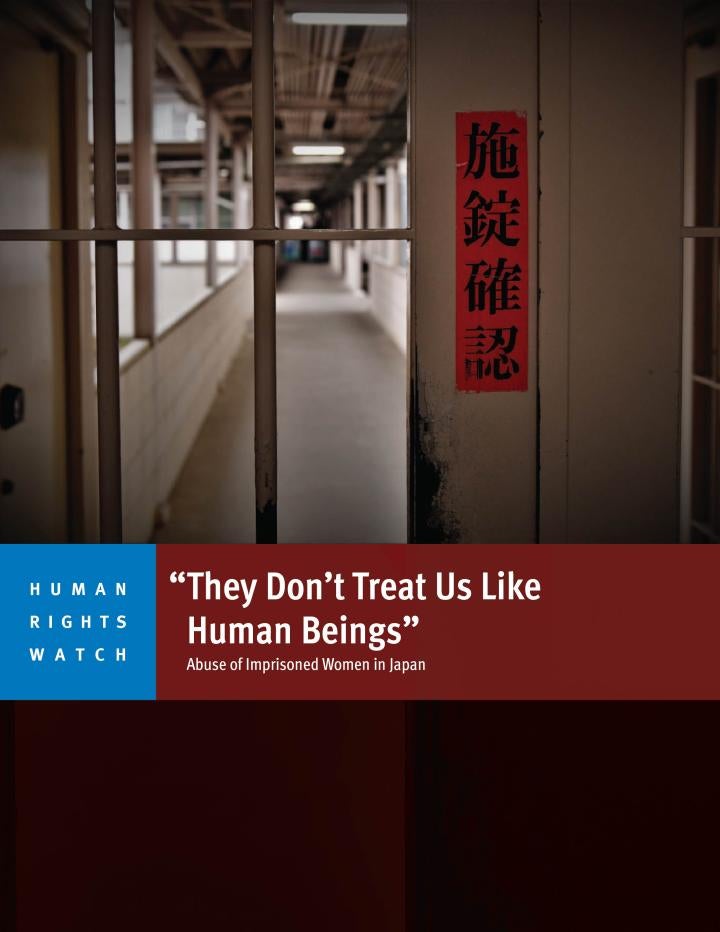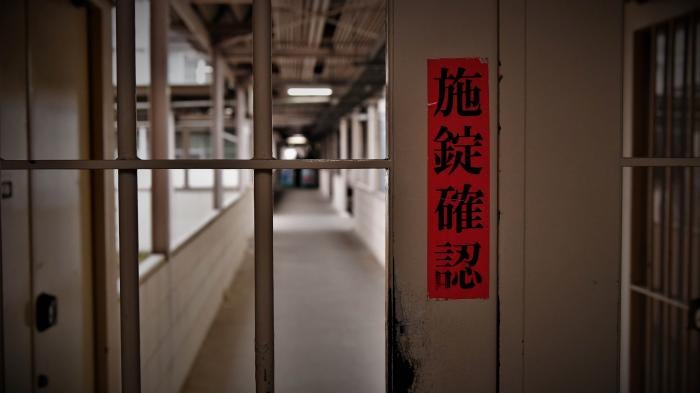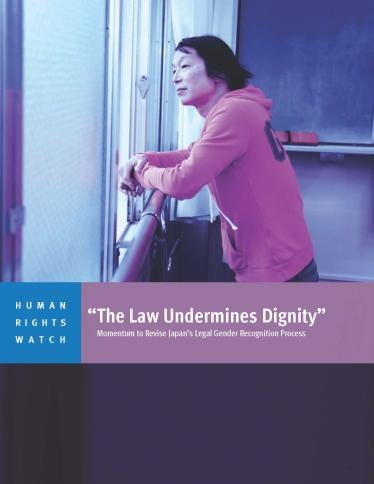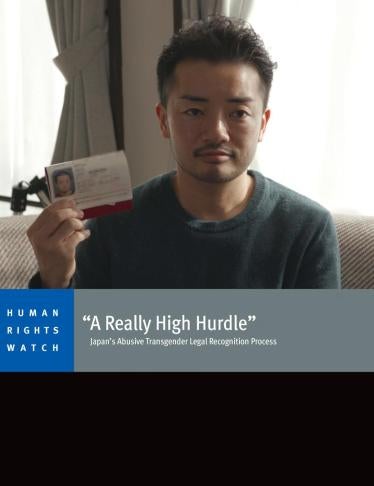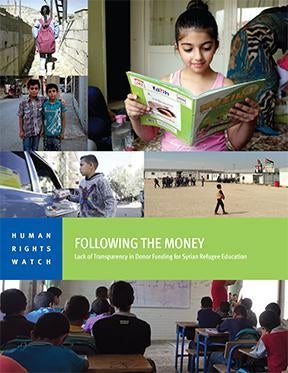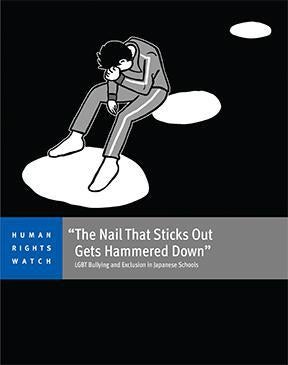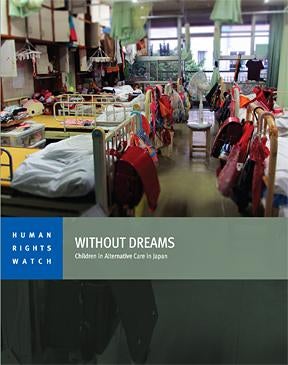“They Don’t Treat Us like Human Beings”
Abuse of Imprisoned Women in Japan
The 76-page report, “‘They Don’t Treat Us like Human Beings’: Abuse of Imprisoned Women in Japan,” documents the abusive conditions in many women’s prisons in Japan. Government policies towards women in prison violate international human rights conventions and contravene international standards such as the United Nations Standard Minimum Rules of the Treatment of Prisoners, known as the Mandela Rules. Prison authorities use restraints on imprisoned pregnant women, arbitrarily employ solitary confinement as a form of punishment, verbally abuse women in prison, deny incarcerated women’s opportunities to parent their child in prison, and fail to provide adequate access to health and mental health care.
